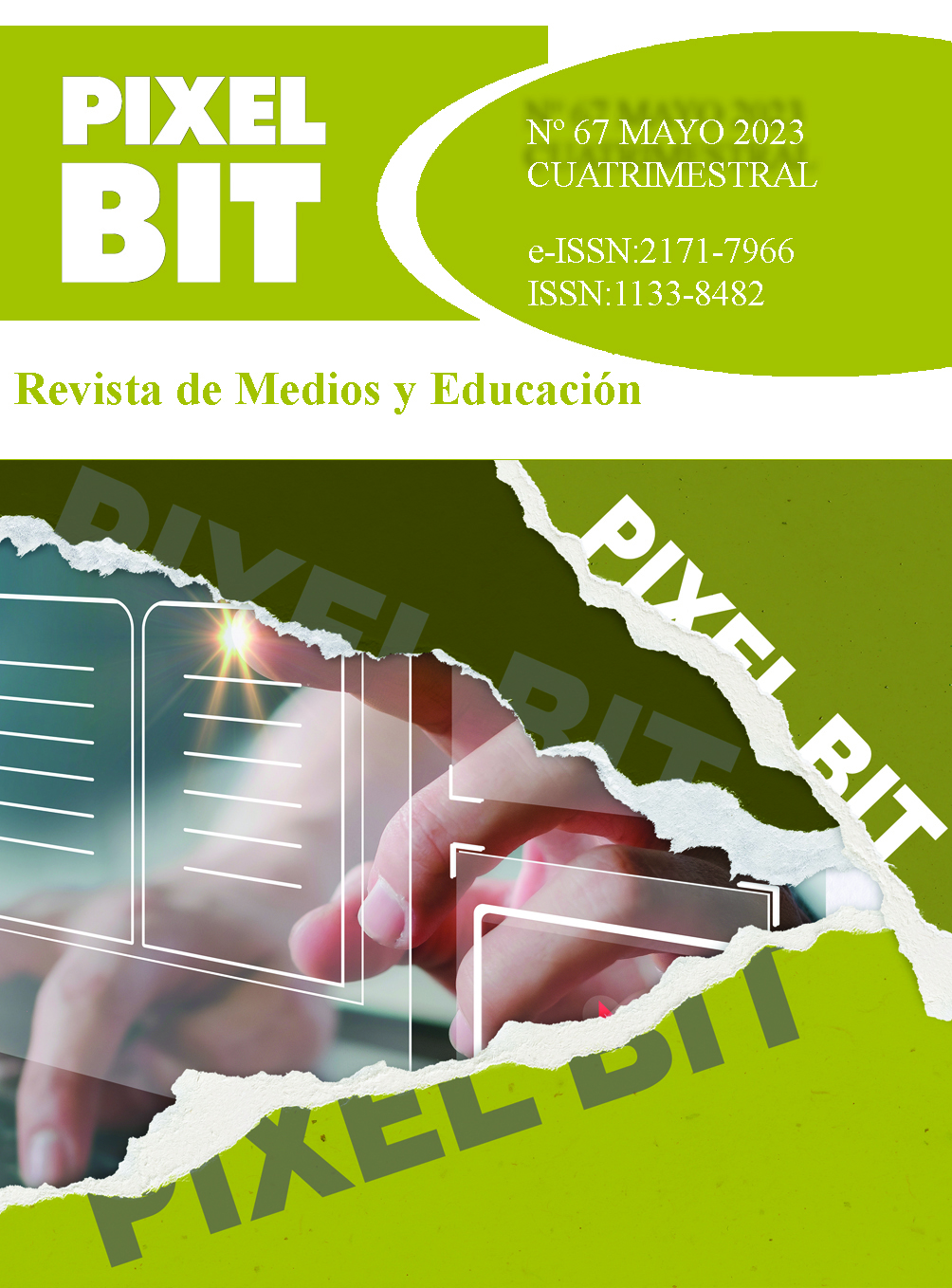Abstract
Thailand and China’s internet penetration rates have rocketed over the past 15 years. Such increased access has led to increased scholarly interest in students’ online gaming habits in both countries. However, there is little research available about how undergraduate students in both countries consider their own and their peers’ gaming attitudes and habits, especially when these are sensitively aligned with “addiction.” Lacking too is research about how they think gaming impacts learning and academic performance between students from different university disciplines. This research examines undergraduate students in Thailand and China from the humanities compared with those from other disciplines in respect to their attitudes to and awareness of gaming addiction. A sample of 181 students from international and private universities were surveyed. Their interactions with leading games were analysed. A Likert scale was used alongside open-response questions and qualitative discourse analysis forming a mixed method to interpret these results. It is shown in this descriptive-inferential study that
students’ field of study, whether they actively played games and how often they played games all impacted how they valued their own gaming and defined the concept of “addiction.” Humanities and science students showed the same gaming habits as per daily hours spent gaming; business/economics students gamed less overall. Those who considered themselves addicted to gaming, perceived gaming addiction to account for 15-21hours spent gaming per week. Threshold gaming hours, positive and negative aspects of over gaming and a variance between moral and aesthetic appreciation of gaming as it impacts gamers’' lives were noted.

This work is licensed under a Creative Commons Attribution-NonCommercial-NoDerivatives 4.0 International License.
Copyright (c) 2023 Pixel-Bit. Media and Education Journal

